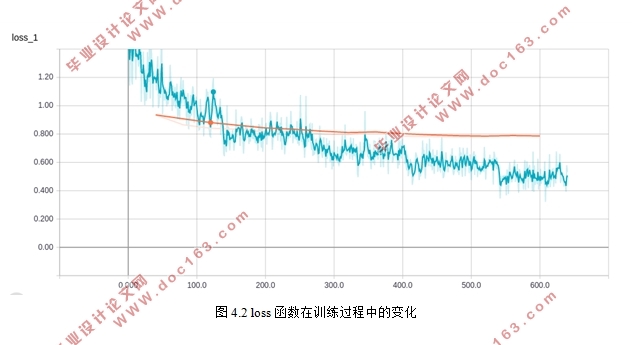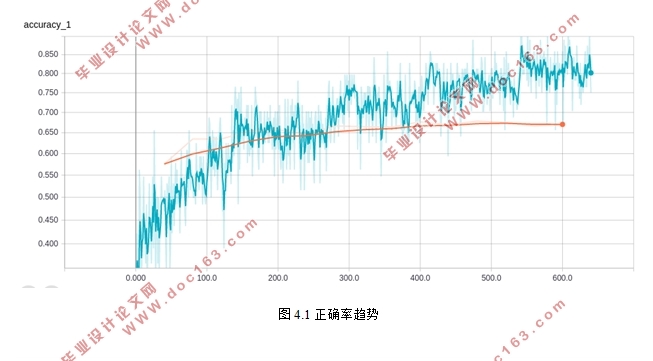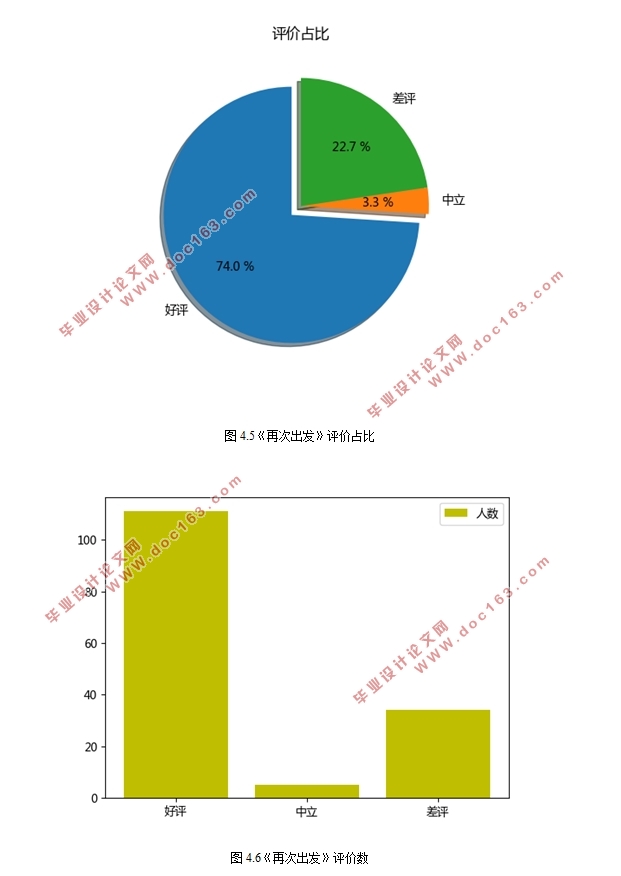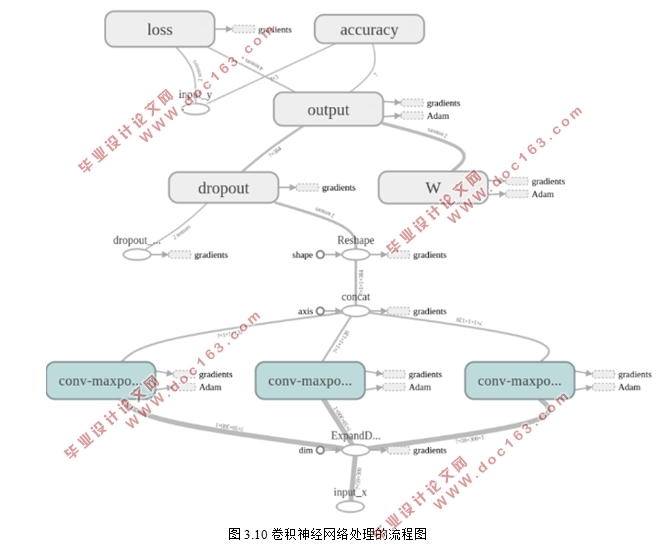基于卷积神经网络方法的英文短文本情感分类(Python)

1.无需注册登录,支付后按照提示操作即可获取该资料.
2.资料以网页介绍的为准,下载后不会有水印.资料仅供学习参考之用.
密 惠 保
基于卷积神经网络方法的英文短文本情感分类(Python)(论文12000字,参考代码)
摘要:互联网的快速发展,使得每个人表现自己,发表言论更加的自由和便利。Twitter、Facebook等应用软件为大众提供了表达自身情感的一个平台。情感分类,可以简单地表示为喜欢,厌恶和中性,也渐渐受到研究者和商业人士的大力关注。在商业领域中,正确的情感分析有利于刺激消费者进行消费,能够引导商家改进自身的商品以及进行舆论控制等。为了了解大众对于某一事件的反应,以便进行支持率分析及大众对于某件事件的情感倾向。例如通过影评来确定一部电影的口碑,通过买方评价来确定一件商品的好坏。本文介绍了几种常用的情感分类算法与情感分类的发展历史过程,并实现了一种基于深度学习的卷积神经网络的情感分类方法,来判断某个短文本是消极的,积极的亦或是中性的。本文选取了最近上映的《复仇者联盟3》和另一部影片《再次出发》的影评作为演示。本文基于Python语言,使用Pycharm和TensorFlow编写。
关键词:卷积神经网络;词向量;自然语言处理;TensorFlow
Sentiment ClassficationOn Short English Text With CNN
Abstract:The rapid development of the Internet has enabled everyone to express themselves and to express their opinions more freely and conveniently. Applications such as Twitter and Facebook provide the public with a platform to express their emotions. Sentimental classification gradually attracts the attention of researchers and merchants, because the correct emotional analysis is conducive to stimulating consumer spending, helping merchants to improve their own products and control of public opinion.In order to understand the public's reaction to a certain event, in order to support the analysis of the support rate and the public's sentimental tendencies for an event. For example, through movie reviews to calculatethe reputation of a movie, through the buyer's evaluation to calculatethe quality of the good. This article describes several commonly used emotional classification algorithms and introduce the development of the sentiment classification.This paper also implements a sentiment classification method based on convolutional neural networks to determine whether a short text is negative, positive or neutral. This article selected the latest film review of the Avengers IIIand another film Begin Again as a demonstration.This system is based on the python language and is developed using Pycharm and TensorFlow. [资料来源:http://www.THINK58.com]
Key words:CNN;Word2Vec;Natural Language Processing;TensorFlow
[资料来源:THINK58.com]




目 录
1 背景 1 [资料来源:THINK58.com]
1.1工作目的 1
2 相关工作 2
2.1文本客观性分类 2
2.2词的极性分类 2
2.3文本情感分类 2
2.3.1 基于情感词典的文本情感分类 2
2.3.2 基于机器学习的文本情感分类 3
3 基于卷积神经网络的情感分类 3
3.1 数据处理 5
3.1.1 数据清洗 5
3.1.2 文本表示 6
3.1.3数据搜集 9
3.2卷积神经网络 11
3.2.1 TensorFlow 11
3.2.2 卷积神经网络 12
3.2.3卷积神经网络在文本中的应用 14
3.3相关优化技巧 15
3.3.1 Dropout 15
3.3.2 Early stopping 16
3.3.3 Adaptive learning rate 16
4 实验结果 16
5 总结 20
参考文献: 21
致谢 22 [资料来源:www.THINK58.com]
